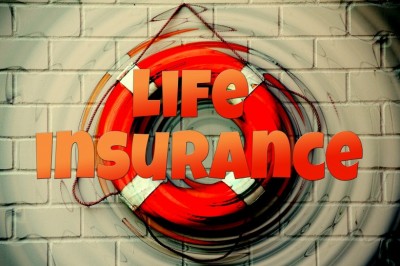What is Vacant Homeowners Insurance and why is it needed?
Vacant homeowners insurance (vacant home insurance hereafter) is special insurance protection placed on a residence that is expected to be empty or unoccupied for over 60 to 90 days, or perhaps much longer. Every insurance policy offered by a property insurer is different and there are even variations from State to State, but no "regular" homeowners insurance policy is able to cover a house that is not being lived in. Every year, thousands of homeowners leave their home empty or vacant without understanding the provisions of their homeowners policy, and risk everything. In some policies, coverage can be dropped, at least for certain lines like vandalism, in as little as 30 days. Many homeowners that leave their house unoccupied for over 90 days dont understand they may have no coverage, or reduced coverage, in the event of a peril (like fire) that causes a serious loss. What are the most common reasons policyholders leave their home empty? Some people own two homes and travel from a cold climate in the winter to a warm climate like Florida. Many people are employed by multinational companies, and they can be sent to work on long term and short term assignments abroad. The houses of aging parents become empty when the parent enters a long term care facility. It is not uncommon for the house to sit empty while the family decides what to do, or perhaps they are too busy to immediately list the house on the real estate market. Of course, the number one reason a house loses insurance coverage by becoming empty or vacant is due to the house being put up for sale, and the sale does not occur quickly, leaving the house sitting empty. In all of these situations, an estimated 60% to 80% of the homeowners are not aware of the provisions of their existing homeowners insurance policy that would essentially end coverage, exposing the homeowner to catastrophic loss. In order to properly protect the home, the existing policy needs to be cancelled and a special vacant home or vacant building policy needs to be put in place. A new policy has to replace the old. The vacancy policy is not the same as the existing homeowners policy in most cases. The homeowner has to understand what the differences are, and also should expect to pay much more for a vacant homeowners policy.





















